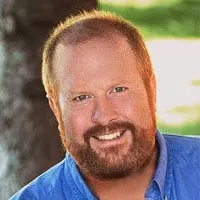BERLIN (Reuters) – The German government will carefully examine the International Criminal Court’s arrest warrants for Israeli Prime Minister Benjamin Netanyahu and his former defence chief, but will not take further steps until a visit to Germany is planned, a spokesperson said.
“I find it hard to imagine that we would make arrests on this basis,” said German government spokesman Steffen Hebestreit on Friday, pointing out that legal questions had to be clarified regarding the warrant.
He did not specify what those questions entailed and did not answer when asked whether Netanyahu would be welcome in Germany.
The German government’s position on weapons deliveries to Israel has not changed following the arrest warrants and are still subject to a case-by-case assessment, he added.
German Foreign Minister Annalena Baerbock said on the sidelines of the COP29 climate summit in Baku that Germany respected the ICC’s work and adhered to the law at national, European and international levels.
“Whether the Israeli prime minister will enter the European Union is a hypothetical question. But we are now examining exactly how we will deal with it,” she told broadcaster RTL/ntv in an interview.
Netanyahu was last in Germany in March 2023, and no visits are currently planned between the two countries.
Former German Chancellor Angela Merkel declared that Israel’s security is a core part of Germany’s modern political existence, or raison d’etat, in taking responsibility for Nazi Germany’s role in the murder of six million Jewish people in the Holocaust.
Since Hamas’s attack on Israel on Oct. 7, 2023, Chancellor Olaf Scholz has also cited Germany’s historical responsibility for what it sees as its special support of Israel.
“The German government was involved in the drafting of the ICC statute and is one of the biggest supporters of the ICC – this attitude is also the result of German history,” said Hebestreit.
“At the same time, it is a consequence of German history that we share unique relations and a great responsibility with Israel.”
(Reporting by Markus Wacket, writing by Miranda Murray and Friederike Heine, editing by Rachel More, William Maclean)







Comments